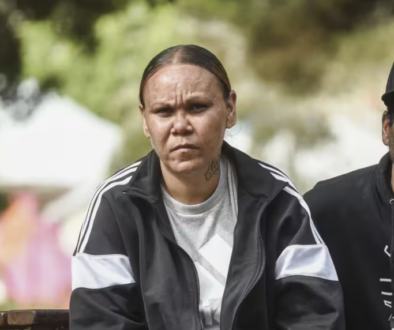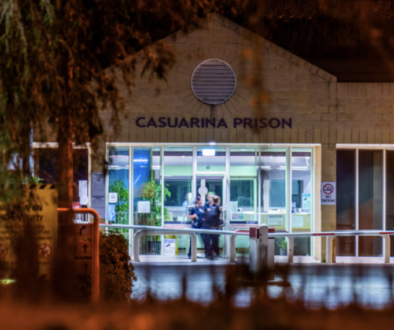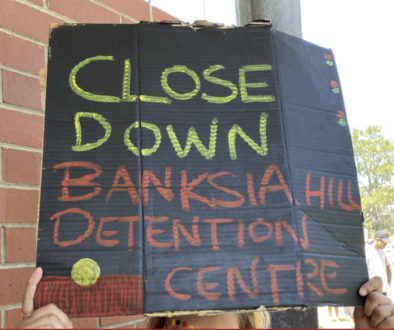Unit 18 continued to house at-risk youth months after teenager fatally self-harmed, inquest hears
-
In short: An inquest has heard the former boss of a controversial juvenile detention facility – where a teenager fatally self harmed – has admitted not telling the truth at a Corruption and Crime Commission (CCC) inquiry following the death.
-
Former superintendent Doug Coyne also said he wished he had issued a directive for detainees to stop covering their CCTV cameras in their rooms earlier.
-
Mr Coyne admitted the practice would have continued had it not been for the death of the teenager, and the subsequent inquiry.
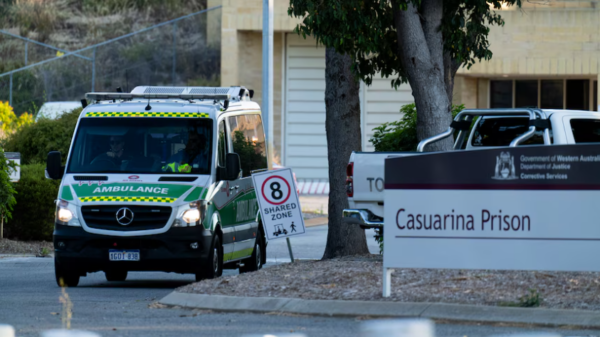
The former boss of a controversial juvenile detention facility – where a teenager fatally self harmed – has admitted not telling the truth at a Corruption and Crime Commission (CCC) inquiry following his death.
WARNING: This story discusses incidents of self-harm and contains the name and image of an Indigenous person who has died.
Cleveland Dodd died at 16, a week after he was found unresponsive in Unit 18, a youth wing inside a maximum-security adult prison, in October last year.
His death was the first recorded in youth detention in Western Australia, and sparked an investigation by the CCC earlier this year.
Before attempting to take his life, Cleveland had covered the CCTV camera in his cell with tissue paper, preventing staff from monitoring him for close to 11 hours.
The former superintendent of Unit 18, Doug Coyne, told the CCC he was “not aware of the prevalence of the practice” before Cleveland’s death.
He also told the corruption watchdog it “never got raised” with him as an issue.
But during a testimony at the coronial inquest into the teenager’s death on Tuesday, Mr Coyne conceded this was not true.
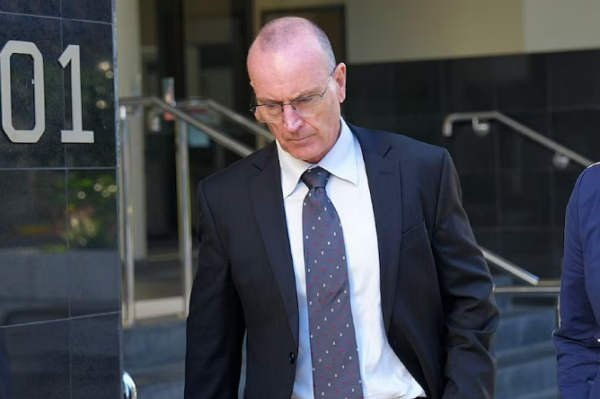
Mr Coyne, now the assistant deputy commissioner for young people, began his evidence at the inquest on Friday.
That day he testified that he was aware of the camera-covering problem in May 2023, several months before Cleveland’s attempted suicide.
He told the inquest he had discussions about it with staff but did not recall it being raised as a “major” issue.
Under cross examination by the State Solicitor David Leigh on Tuesday, Mr Coyne again denied staff had told him it had been an issue.
“That is an extraordinary oversight,” Coroner Urquhart interjected.
“I would suggest to you squarely that they did … and it was an ongoing problem. I’m struggling to understand how … [you] would not be aware of this.”
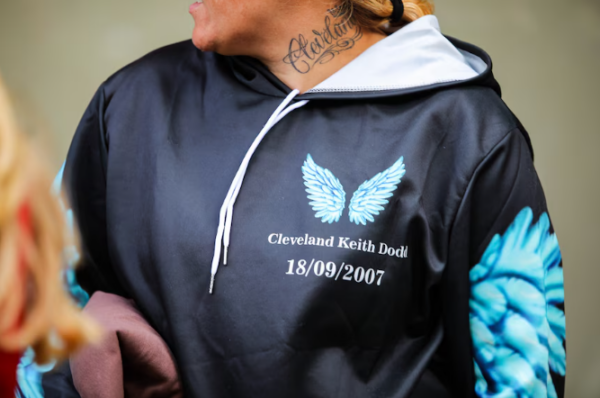
Following intense questioning by Counsel Assisting the Coroner Anthony Crocker, Mr Coyne admitted the statement and evidence he provided to the CCC was not correct.
“Does that mean what you told to the CCC was not true?” Mr Crocker asked.
“In hindsight, yes,” Mr Coyne replied.
When asked why he signed an official statement that provided misleading impressions, Mr Coyne said “I shouldn’t have signed it”.
“I was under a lot of pressure, under a lot of stress,” he said.
Story wouldn’t ‘withstand scrutiny’
Frontline staff at Unit 18 had told the CCC inquiry and the first part of the coronial inquest that other detainees often covered their cell cameras, which made it impossible to monitor them, even if they needed constant surveillance due to their risk of self-harming.
Unit 18 manager Christine Mitchell said issues around the safety of the facility were brought up with management “time and time again”.
At least two officers gave evidence to the CCC that it was an incredibly common occurrence.
“On any night shift I’ve done, there would be at least 90 per cent of the cameras covered by toilet paper every night,” the acting senior officer on duty that night said.
On Tuesday, Mr Crocker put to Mr Coyne that when he gave evidence at the CCC he did not know the evidence of other staff and youth custodial officers.
“But when you heard them give evidence [at the first part of the coronial inquest] you realised the story you told the CCC would not withstand the scrutiny in the inquest?”
“Yes,” Mr Coyne replied.
Mr Crocker pressed on, telling Mr Coyne: “You knew it would be an impossible sell to maintain that story?”
“Yes,” the former superintendent conceded.
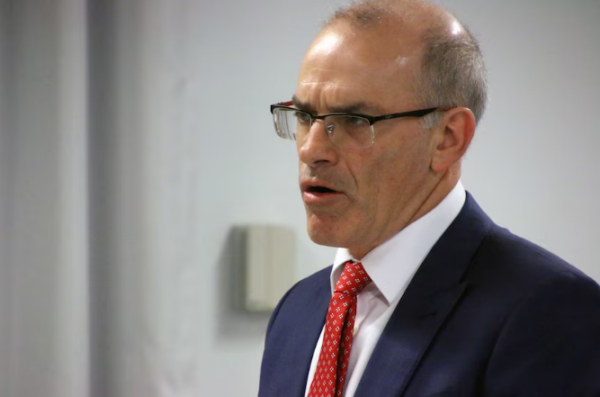
It was only after the tragedy that Mr Coyne issued a written directive to staff to stop detainees from covering their cell cameras.
“It still occasionally happens but generally [the directive] has been successful,” the former superintendent said, adding he regretted not doing it earlier.
Cleveland’s grieving mother Nadene Dodd ran out of the court room crying when Mr Coyne agreed her son’s death could have been averted if his cell camera had been uncovered.
‘Completely unaccountable’
Earlier, the inquest heard Unit 18 continued to house detainees at the highest risk of self-harm months after Cleveland’s death.
The first part of the inquest into his death earlier this year heard detainees that needed constant supervision couldn’t be properly monitored in Unit 18, which meant they could not be kept safe.
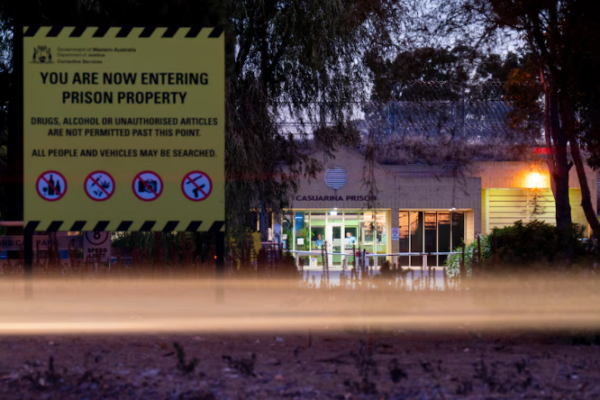
The Coroner’s Court was told on Tuesday that until this evidence came out publicly in April, those detainees continued to be placed in the unit.
Mr Coyne could not provide a reason for why the practice was not stopped earlier.
“You weren’t motivated to do anything until you saw the intensity of the criticism of this topic,” Mr Crocker put to him.
Mr Coyne conceded the practice would have gone on if it had not been for the death of Cleveland, and the subsequent inquiry.
The Corrective Services veteran was questioned about broken air vents in Unit 18 cells being used as ligature points.
He admitted he knew this had been an issue prior to Cleveland being found hanging from a broken air vent in the early hours of October 12.
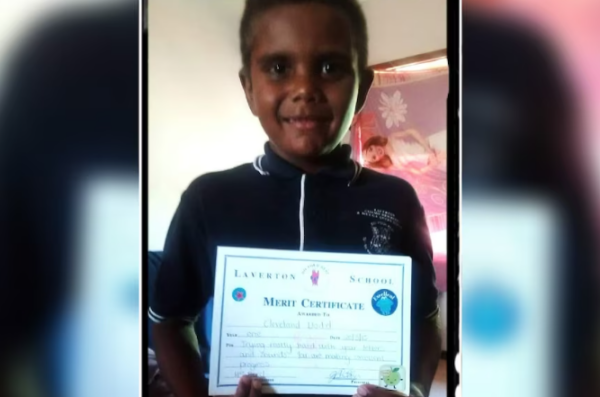
But Mr Coyne said he did not raise the issue with his seniors.
“I’m just at a loss as to why this had not become a pressing issue for you as the superintendent of Unit 18,” Coroner Philip Urquhart told Mr Coyne.
Mr Coyne said he was focusing on getting the broken air vents fixed.
“Unit 18 was operating in a completely unaccountable way?” Mr Crocker asked.
“It appears that way,” Mr Coyne responded.
Contact us
Please provide a brief description of your claim.

